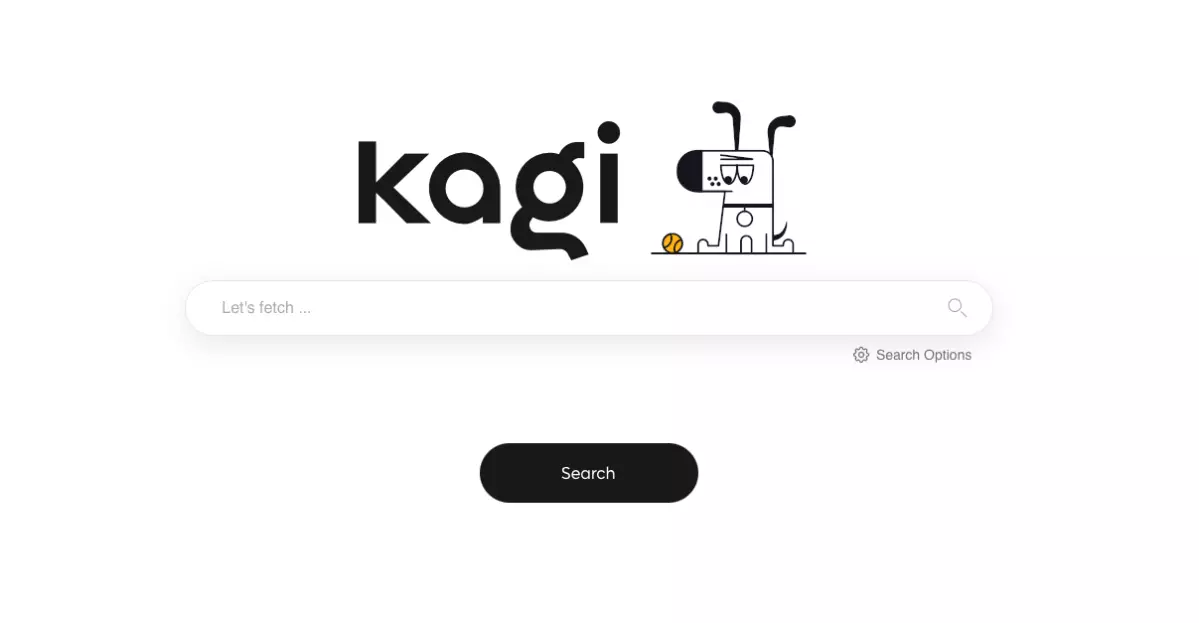In an era dominated by free online services, the emergence of paid alternatives like Kagi presents a disruptive approach to the conventional search engine landscape. Kagi, which provides a sophisticated alternative to Google Search, has recently introduced a distinctive feature known as “Fair Pricing.” This new policy addresses a common frustration among users of subscription-based services: the feeling of wasting money on unused features. Kagi’s willingness to credit users for unsent searches exemplifies a user-centered strategy that could set it apart in a competitive market.
What sets Kagi apart from other search engines is its straightforward presentation of results and commitment to user privacy. Unlike competitors such as Perplexity or OpenAI’s SearchGPT, which leverage artificial intelligence to enhance user experience, Kagi reverts to a more traditional style by merely displaying relevant links. This simplicity is intentional, allowing users to browse freely without the complexities often associated with AI-driven decision-making. Furthermore, Kagi’s stance on privacy—declaring user data as an “unwelcome liability”—taps into a growing consumer demand for trustworthy, non-invasive services.
The launch of the “Fair Pricing” initiative signifies more than merely a marketing gimmick; it serves as a pragmatic acknowledgment of user behavior and expectations. It is not uncommon for users to forget to utilize their subscriptions during certain billing cycles, and Kagi’s offer to roll over unused searches into the next month embodies a fair play approach. This initiative not only alleviates the pressure to consume services regularly but also fosters a sense of appreciation among users, ultimately leading to heightened customer loyalty. As Kagi explains in its announcement, the idea is rooted in a genuine understanding that search needs fluctuate, allowing users to enjoy peace of mind when they opt for a subscription.
Moreover, Kagi introduces an innovative feature known as “lenses,” which allows users to refine their searches by focusing only on specific segments of the internet, such as forums or academic databases. This function presents a significant advantage by catering to niche audiences who seek precise information without wading through irrelevant results. Furthermore, the ability to create custom lenses ensures that users can tailor their search experience, making it a powerful tool for researchers, professionals, or anyone with specialized interests.
While Kagi’s new pricing model and unique features present promising advancements in the search engine market, potential challenges lie ahead. Transitioning users from free to paid models often encounters resistance, particularly as competitors provide increasingly sophisticated and cost-effective tools. For Kagi to sustain its momentum, it will need to continually refine its offerings, maintain transparency regarding its practices, and engage with its user base to ensure their needs are met.
Kagi’s launch of the “Fair Pricing” initiative marks a significant shift in how search engines can operate. By prioritizing user experience and acknowledging the diverse needs of subscribers, it sets a promising model for future growth. As the digital landscape continues to evolve, Kagi positions itself as a thoughtful competitor, challenging the norms established by giants like Google. Through its commitment to user satisfaction and privacy, Kagi has the potential to carve out a significant niche in the ever-competitive search engine marketplace.


Leave a Reply
You must be logged in to post a comment.